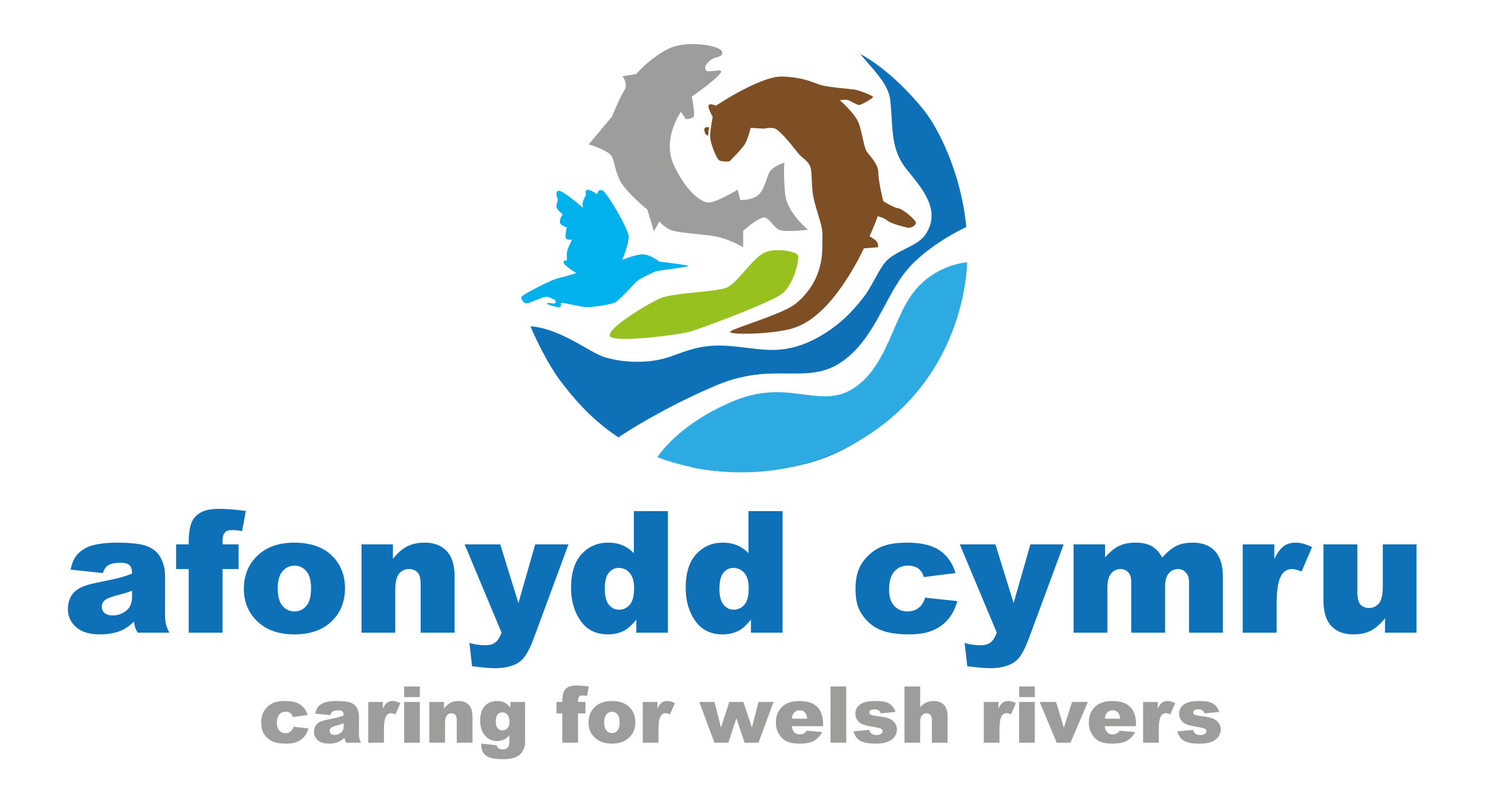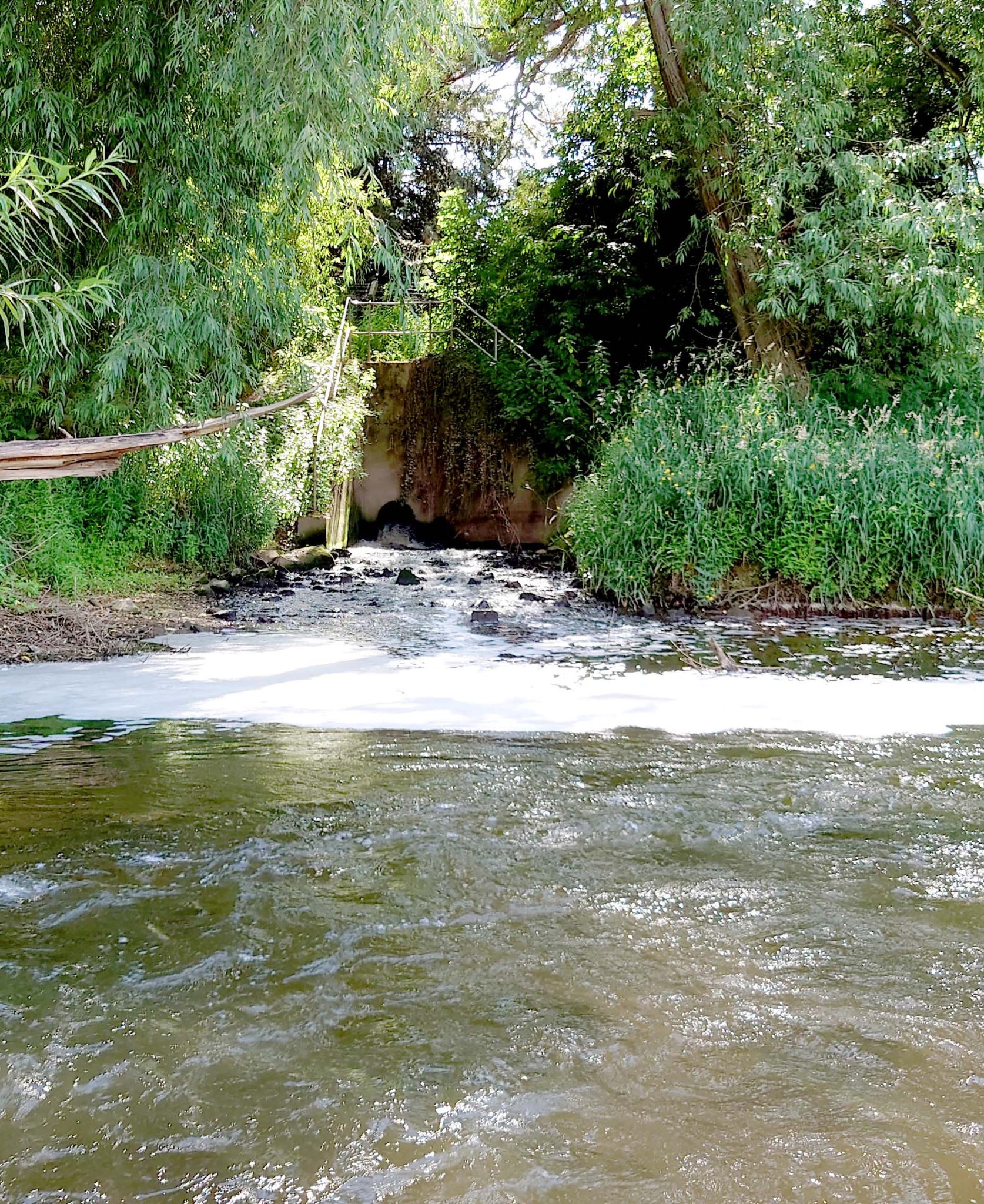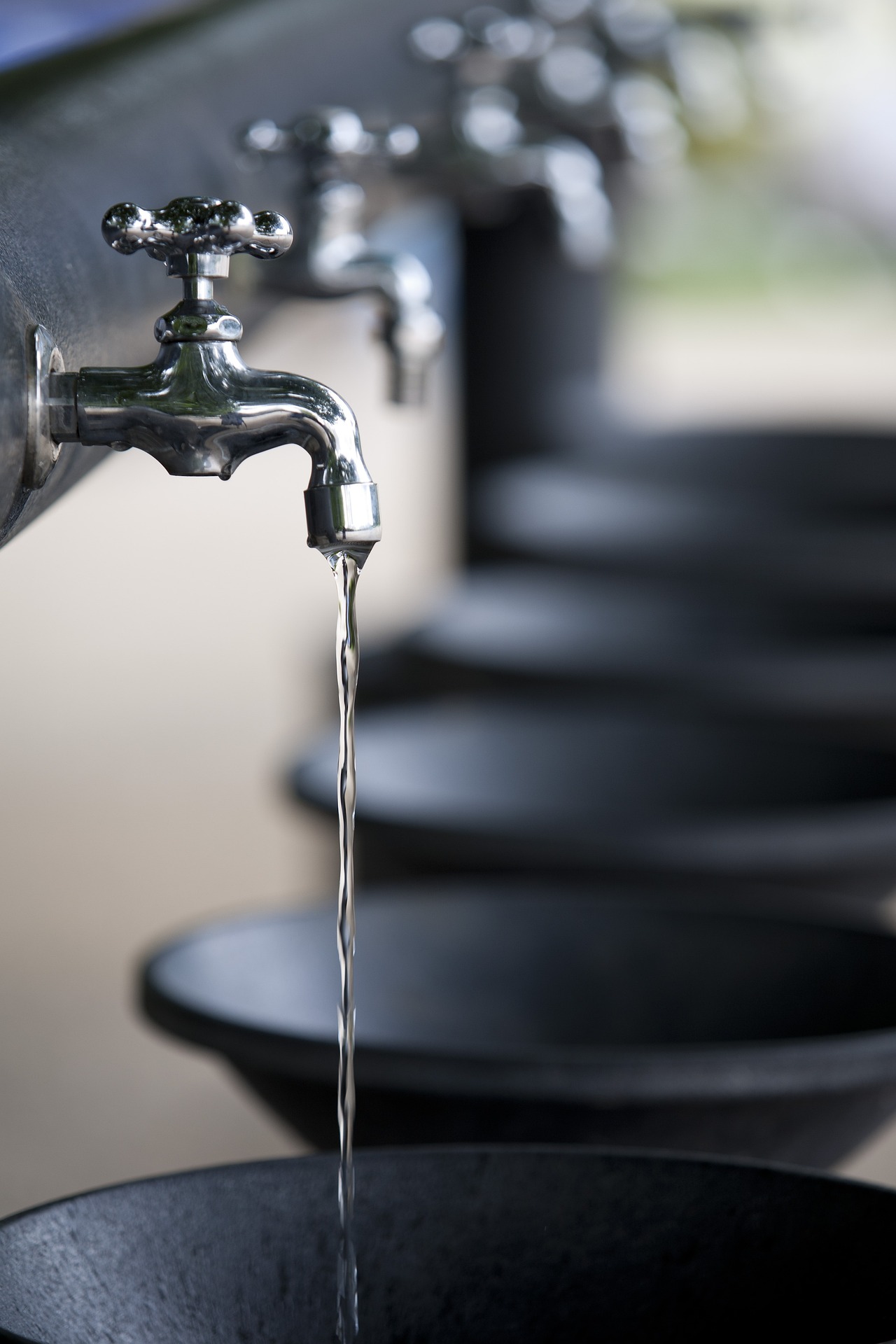Every 5 years Ofwat publish their “Price Review”, which sets out what water companies are expected to deliver and what they can charge their customers. PR24 will cover the period 2025 to 2030. Â
Ofwat should be applauded for making environment a top priority. Also, for listening to Welsh customers and for recognising a devolved Welsh Government and a country whose environmental laws and policies are not weakening but strengthening.
We all pay less than 1p per litre for water supplied to our houses. Isn’t this just a case of you get what you pay for?
Thursday 15th December, 2022
This week, Ofwat (the economic regulator for water companies in England and Wales) published its plans for the period 2025-2030. Fondly known as Asset Management Plan (AMP) 8, this details what water companies will be expected to deliver and the financial boundaries within which they must operate. Â
“Creating tomorrow, together: our final methodology for PR24″ gives a clear indication of what must be done by the water comnpanies. It includes statements such as: “….customers, regulators and Governments are clear that change is needed“, “How the water sector performs now and into the future matters for all of us and our environment” and “If [water] companies fail to deliver, we step in.”
There are four main principles to their methodology:
- Delivering greater environmental and social value
- Reflecting a clearer understanding of customers and communities
- Focusing on the long-term
- Driving improvements through efficiency and innovation
I applaud Ofwat for making environment a top priority. Also, for listening to Welsh customers and for recognising a devolved Welsh Government, a different set of commitments and ambitions to Westminster and a country whose environmental laws and policies are not weakening but strengthening.
“Hoorah!” we all shout because isn’t this just what we have been waiting for and for so long?
And here’s the thing: we have. In the PR19 plan five years ago, Ofwat promised that future environmental challenges would be addressed, then stating: “”¦”¦our ambition for the environment is higher than ever. Both the UK and Welsh Governments”¦.recognise the importance of sustainably managed natural resources and a resilient ecosystem. Water companies must work with stakeholders to deliver their statutory and licence obligations and the environmental improvements customers want.”
Before that, in the PR14 business plan we were promised: “Our risk-based review will contain tests for high quality in four key areas”¦. Outcomes ““ the company’s key proposed deliverables for “¦”¦.. the environment.”
I could go on. So, where’s it all fallen down?
Firstly, this methodology predominately sets out the financial boundaries under which water companies must operate. Deliver all these things, but do it efficiently, more cheaply than before and make sure that the whole thing is affordable. Our environment deserves more money spent on improving it but quite frankly, is that possible in an economic climate of high inflation and decreasing disposable household income?
Customer surveys in Wales which Ofwat requires to underpin its pricing mechanism, have shown that customers do indeed want a better service from their water company. They also want improvements for the environment but are not currently willing to pay higher water bills to provide this service. So, will higher water bills be allowed or even accepted at a time of economic instability or downturn? At less than a penny per litre of water supplied to your house, are we not getting what we pay for?
The methodology highlights the importance of the National Environment Programme (NEP in Wales and Water Industry NEP in England) to ensure that water companies, as a minimum, meet their legal and statutory requirements under legislation. But this has been in existence in previous AMPs and we hardly see compliance. Every SAC river in Wales is in unfavourable condition status, 5 out of 9 are failing for phosphate and only 40% of all rivers are in good ecological status. Whilst the failure of these rivers is in no way the sole responsibility of water companies in Wales, their operations are most definitely contributing to them. Â
And are we really expecting compliance with Water Framework Directive targets by 2027? The better questions would be – will the actions required under the NEP show step change improvement? How much have the water companies in Wales achieved in this current five-year period? Are they on target and what outcomes can they demonstrate? And Ofwat, can you assure us that improvement is being delivered? Or, do the water companies need to do more?
How do we get the balance right? It is very likely, based on Welsh Government commitments and a revised Ofwat methodology that recognises a different approach in Wales for sewer overflows, that funding towards sewer overflow improvement will be a key element to PR24. But we must balance this against all the other failures and requirements that must also be delivered. This year saw a drought being declared across Wales, with water supply restrictions in West Wales. It signalled a clear warning of the impacts of climate change and a need to drive improvements for water resources.
The discharges from our sewers are a direct result of the water flowing into them from the land, as well as from households on water company networks. It requires a complete rethink of how we manage that flow, our land and our disposal systems, much of which is outside of water company control. Whilst sewer overflows are undoubtedly having an impact on our rivers, there has been very little media attention on much larger discharges from a wastewater treatment works, which potentially are having a much bigger impact overall to the health of our rivers. So, what does the funding fix first?
The next six months are critical to influencing and developing this plan. Water companies will be consulting with their customers so please have your say! Environmental stakeholders in Wales will have a direct opportunity to also influence what needs to be delivered to ensure we can drive a step-change for the improvements to rivers so badly needed.
Ofwat, this is your opportunity to drive a real and visionary change. We need assurance that water companies deliver to their targets. We need to see that they will be financially penalised when appropriate and that there are tougher measures against failure. We also commend your support for the delivery of partnership approaches underpinned by Welsh legislation. It remains to be seen how much flexibility you build into your plans to help long-term improvements in Welsh rivers. Short-term, cheaper fixes will not deliver the sustainable management of natural resources that are needed. Get all this right and we will “create tomorrow, together.”Â



